Client:Caricese
Industry:IT
Industry:Banking and Financial Services
Region:Europe
Caricese Implements RPA to Boost Efficiency, Cut Costs, and Enhance Customer Service

Client Overview
Caricese specializes in providing Business Process Outsourcing (BPO) for the financial services industry. Its clients include banks, financial institutions, and insurance companies and Caricese provides back-office services in finance, payment systems, accounting, checks, bank transfers, treasury, logistics, and supply chain services. Caricese focuses on providing its customers with the best services through ‘lean banking’, improving efficiency and lowering costs.
Partner

Caricese is an “Gruppo CSE - Consorzio Servizi Bancari” company at the forefront of technology which it leverages for its customers, so robotic process automation (RPA) was a natural solution given that many of the banks they worked with still relied on older, legacy IT infrastructure. Furthermore, given the advances and improvements RPA has undergone over the past few years, they saw an opportunity to improve their own systems and processes too.
Marco Palazzi is the Chief of Organization and IT Services at Caricese. In 2018, Palazzi took on the challenge of implementing RPA so that they could provide the same, or better, service for their customers but at a lower cost. He set about studying how Caricese interacted with its clients and focusing on repetitive and simple back-office tasks that did not require human decision making.
We wanted to be able to provide the same level of service – or even better – for our customers, but at a lower cost. UiPath’s RPA solution allowed us to do this.
Marco Palazzi - Chief of Organization and IT Services
For instance, there were many processes that involved accessing clients’ systems to download information into Microsoft Excel, producing reports, accounting, and performing additional operations. Additionally, there were many documents that needed to be read—usually by human employees—and the data extracted and entered into the system or an Excel sheet.
During the initial period Caricese was using a UiPath competitor for their RPA projects. However, given the better functionality of the UiPath Business Automation Platform, superior capability on VDI environment (Citrix) as well as its flexibility, they converted to UiPath. Even though the competitor RPA solution was well integrated into many of their clients’ processes, UiPath worked closely with Caricese to migrate all projects over with little to no disruption alongside UiPath partner Avvale.
More robots, more account openings
One success story was an Italian bank that provides a deposit account for customers with a specific interest rate. This bank wanted to expand is business in the German market, working with a solution used by German banks to receive and handle money from German customers.
The Italian bank receives a daily list of customers from Germany (via this solution) who want to deposit money. These customers have already been checked by a German bank, but the Italian bank also wants to verify their status. On a designated day of the week, the bank checks the total amount of money that customers have deposited and performs necessary actions in the bank's information system to place the money in the correct accounts and calculate the interest.
99% of all customers onboarding is done by UiPath robots, making account acquisition quicker and easier for all involved. Thousands of customers have been processed so far with the robots able to quickly surge depending on demand.
Marco Palazzi - Chief of Organization and IT Services
Today, nearly 99% of these tasks are automated by a robot. The RPA solution is used to input foreign customer information into the bank's system, and to wait for the arrival of the money from Germany, allocate it to individual accounts, and perform the sum operation to make the money available for interest calculation. All of these operations are performed by UiPath robots and allow customers to open accounts much quicker and smoother.
Another major benefit of this is the added flexibility that this gives the company, providing it with an ability to scale up and down as demand requires. For example, the bank experiences a high influx of new foreign customers during some months and fewer in other months.
Previously, they would have had to hire additional employees to handle surges, which costs money and takes up time (HR research, training, etc.), but with RPA this wasn't needed. Additionally, occasionally tax rates will change and so banks need to adjust their interest rates accordingly. This can all be done quickly and with minimal human involvement.
Gaining acceptance and expanding the robot workforce
It was important to help gain acceptance among the wider workforce that not only did RPA not result in any job losses for Caricese, but UiPath robots allowed departments to grow as the company scaled. Not only could employees provide the same high level of service for their customers at a lower cost, but they could now bring in new business and scale.
The UiPath Platform will allow Caricese to provide services to a wider range of clients. RPA reduces costs and increases productivity and efficiency. This is perfectly suited to smaller clients and banks as it has a much larger impact for the relatively little investment needed.
Looking to the future, Caricese is moving from traditional RPA to using more of the capabilities available on the UiPath Business Automation Platform. UiPath has Document Understanding and Test Suite capabilities, also allowing Caricese to propose new services to their own customers. For instance, Caricese can offer traditional RPA services to their own customers, as well as test factory services to test applications using the UiPath Platform. Another example is offering document understanding services with artificial intelligence.
Related case studies
Ready for your own case study?
Speak to our team of knowledgeable experts and learn how you can benefit from agentic automation.




